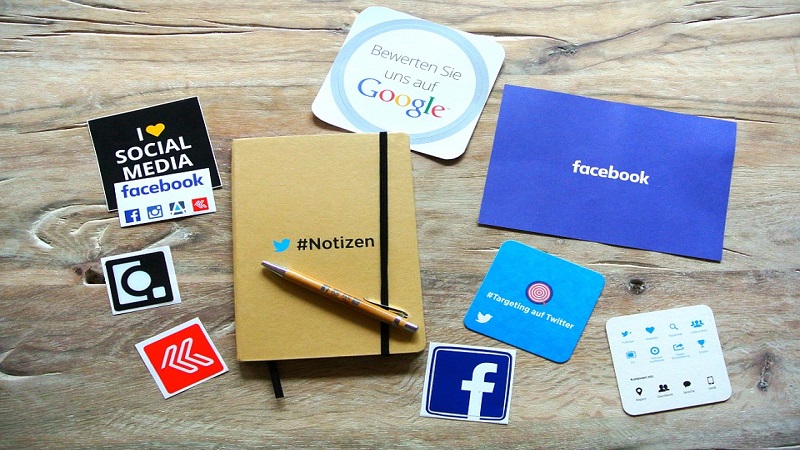FORUM INSIGHT: Housekeeping tips for your digital presence
Last week we took a look at how you can make your company blog work a little harder in terms of helping to grow your business. But sometimes it’s worth taking a step back to see if the fundamentals of your online presence are working as well as they should be.
If you don’t have dedicated ‘digital’ staff, an agency, or or a marketing department that takes care of such things, then making sure you’ve covered off the basics can be a daunting task.
You’ve got a website up and running, but what are you doing about social media and are you keeping your clients up to date with regular email updates? No? Then you won’t be alone.
The good news is that there are some simple steps you can take to make sure the basics are covered off…
Let’s assume that you already have a website. If you tasked a third party with building and maintaining that site for you, ask them to give it an SEO health check. You might even be able to do this yourself if the site is built on WordPress or similar. In short, make sure the site title and description paints an accurate picture of your business – this is the information search engines use to identify your site and thus (hopefully) include you in relevant results.
This takes us to social media. If you haven’t already got a LinkedIn, Twitter or Facebook page for your business, set them up now. And make sure your profile information exactly matches the title and business description on your website and references your URL. Search engines will then recognise that and group everything together in their results.
The other thing that Google can do is show potential customers exactly where your office is located, via Google My Business. You have to jump through a few hoops to set it up, but it will make your business more visible to potential customers. For example, if someone searches for ‘events company in Hertford’ a map panel will show in results with pins for all such business in Hertford, including your own (if you’ve registered!).
Let’s also think about email, which is often neglected in the scramble towards social media. It’s a bit fiddly to set up, but it’s also a brilliant and direct way to communicate with your customers. The first step is to start collecting email addresses – get yourself an account with Mailchimp, create a sign-up form and put that on your website with a clear call to action.
Make sure you add any existing customer databases to your newsletter mailing list (first making sure they’ve given you permission to send them emails!). You can then easily create simple email campaigns with which to keep your customers up to date with your latest products and services.
If you can get all of the above done, then you’re ready to properly engage with existing and potential customers online – We’ll show you how in our next instalment…










